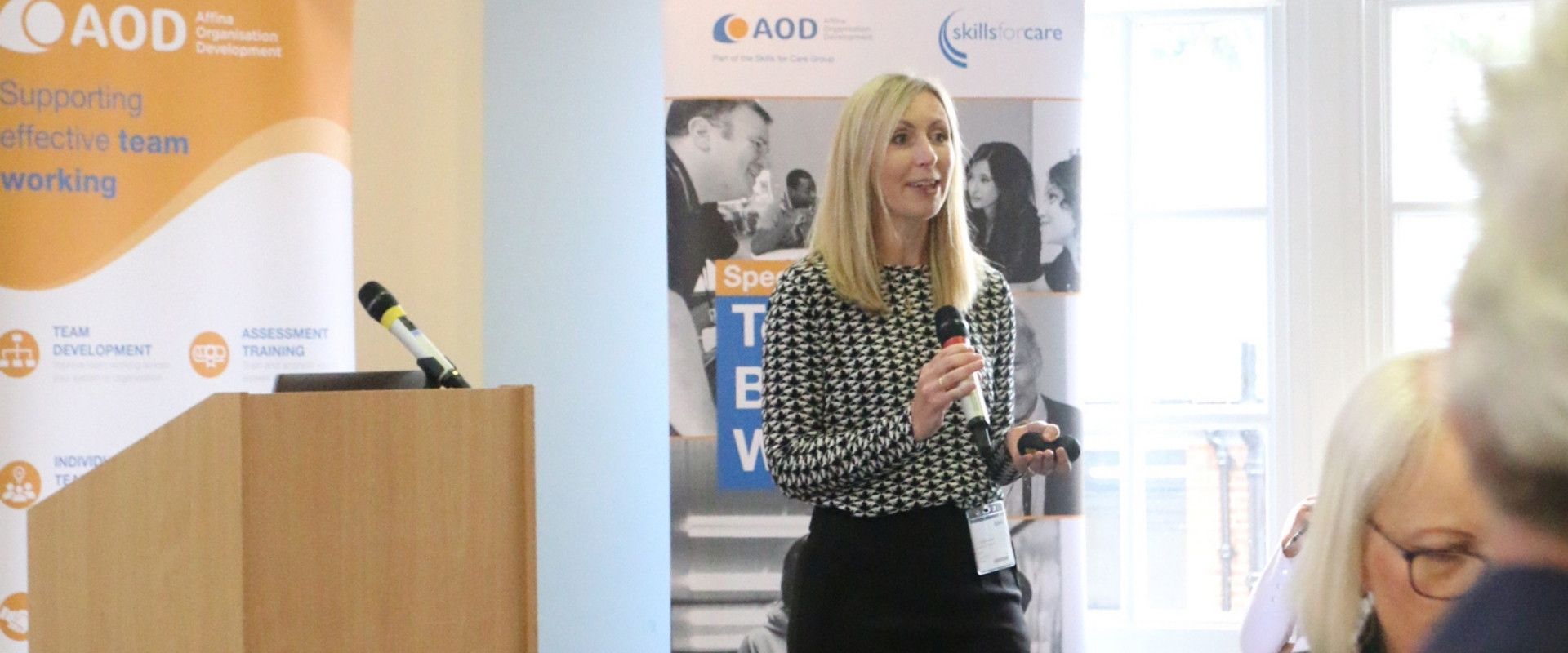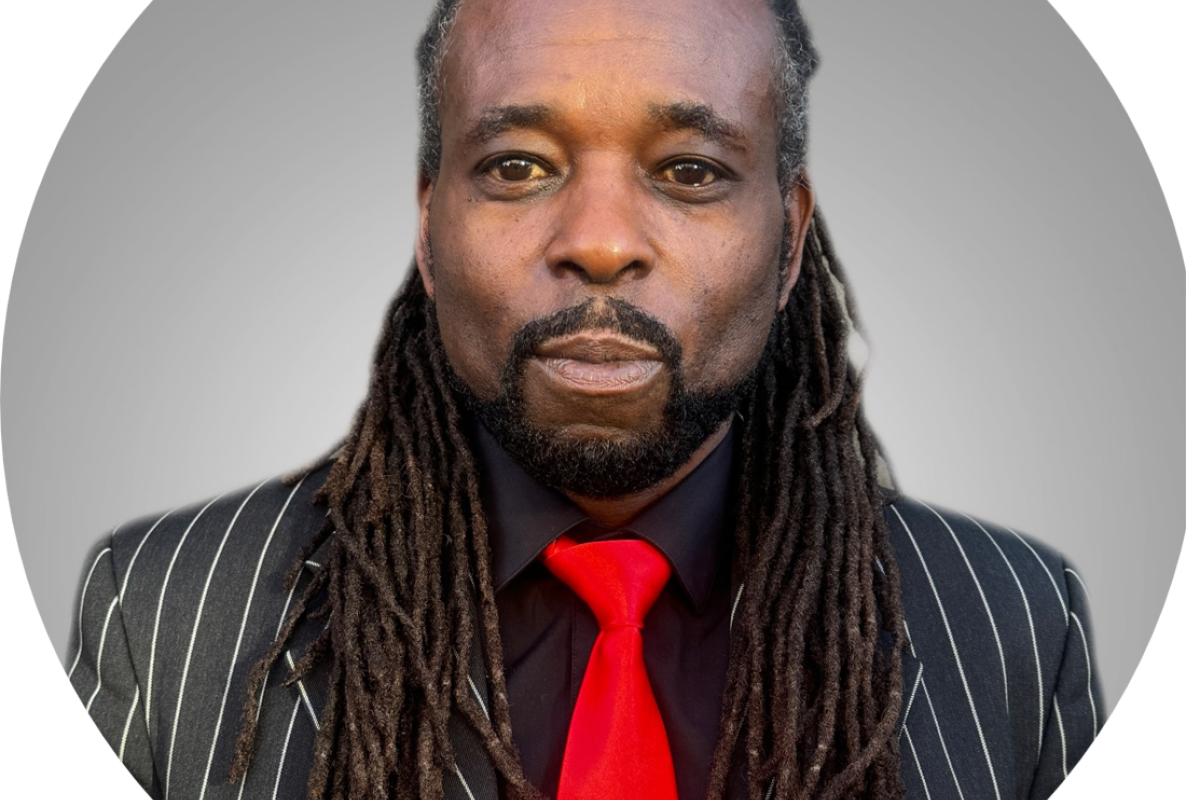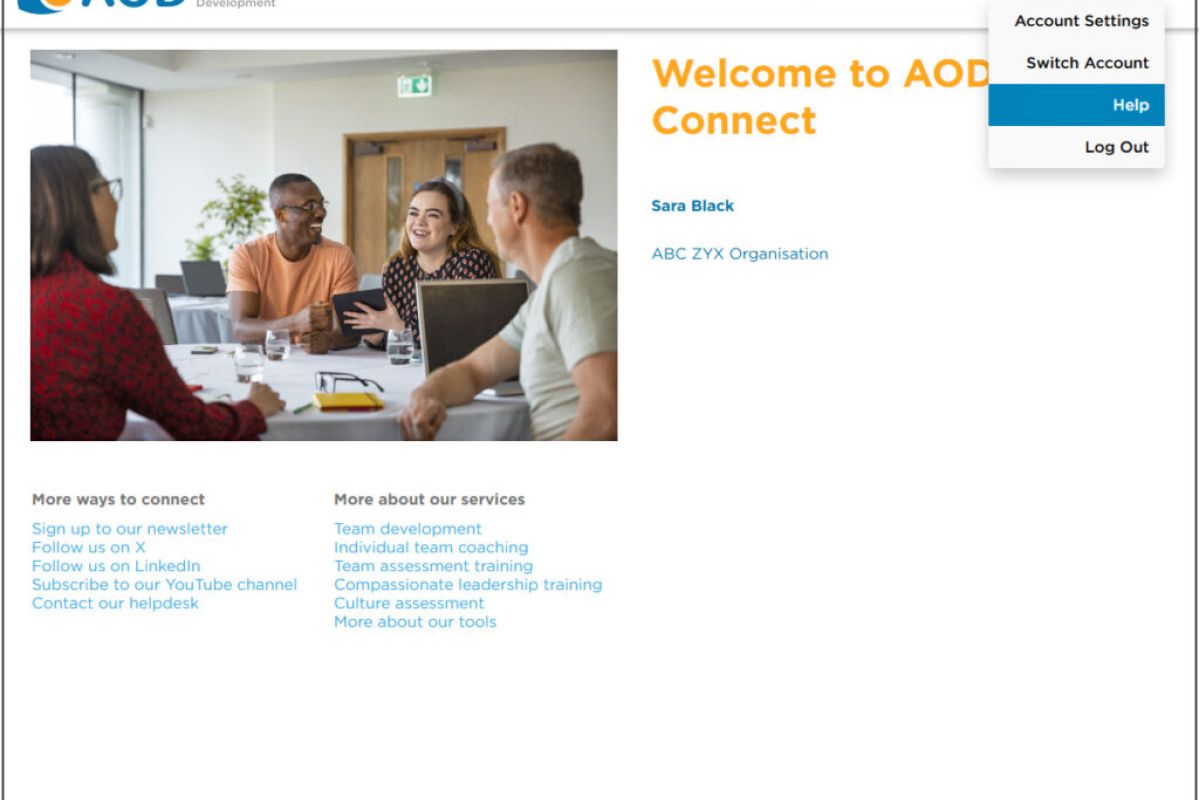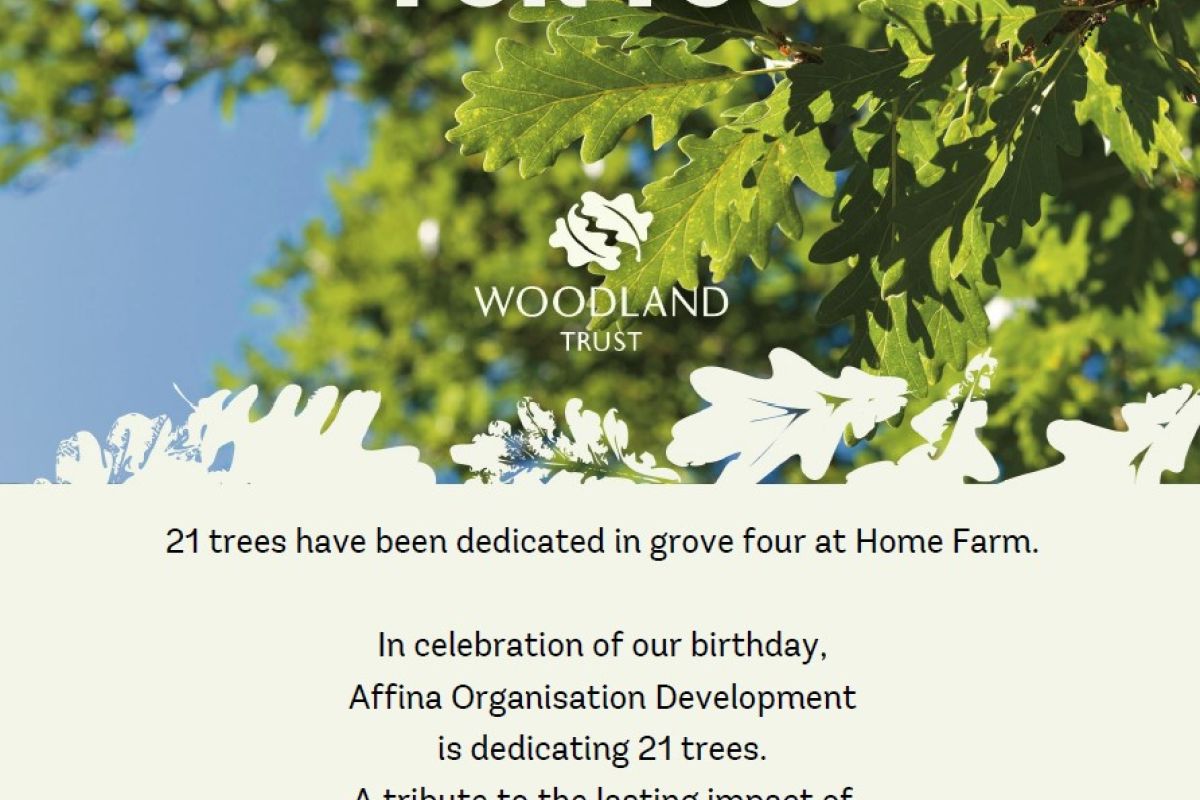Team coaching in West Somerset – celebrating a pioneering collaboration
The final blog in a three-part series highlighting a groundbreaking initiative in West Somerset,
by Jon Dolman.

Over the past nine months, five teams spanning health, social care, and the VCFSE sector have taken part in a new approach to build a culture of collaboration — both within and between teams — to support a shared goal.
That goal was to deliver integrated neighbourhood working, defined as:
Working and learning together to support the person/community to get the right help, in the right place, at the right time.
As far as we’re aware, this was the first time such an approach has been tried — and the West Somerset neighbourhood brought real energy, drive, and openness to lead the way. It wasn’t always easy, but the commitment to shared learning and improvement never wavered.
“Working with the excellent AOD systemic team coaches and Somerset teams on the ground brought structured team coaching into real-world neighbourhood delivery.“
Coaching cross-organisational teams presented complexities we hadn’t anticipated; but also led to outcomes we couldn’t have imagined. While working within single organisations may be simpler, it doesn’t always get people the right help, in the right place, at the right time. By bringing everyone together around the person, we unlocked creativity, innovation, and energy.
Early on, some teams expressed uncertainty about the process, but as the purpose and structure became clearer, engagement deepened. This clarity helped teams focus their energy and build trust in the journey. Having protected time away from day-to-day pressures gave teams the space to reflect, think strategically, and recharge — something many described as rare but deeply valuable.
Our final “Team of Teams” day was a chance to celebrate achievements, learn from one another, and shape the next steps. We were joined by Dr Jo Lyubovnikova (pictured below), who shared insights into what makes a true team (vs. a pseudo team), and the latest research on how teams operate in complex systems.
What we learned along the way
Understanding and mindset – Teams began to recognise the pressures and constraints faced by other services. There was a noticeable shift from isolated working to a shared sense of purpose, with individuals seeing themselves as part of a broader system.
Collaboration and relationships – Trust and shared values were built across services. Informal connections helped maintain momentum, and inter-team links around people and families became stronger. A key shift was the growing recognition of the equal value each role brings. This helped flatten hierarchies and develop a sense of shared ownership and mutual respect.
System and culture – Teams worked to reduce hierarchy and ensure all voices were heard. There was a growing confidence to innovate without waiting for permission, and a shared commitment to working together despite the complexity of the task.
Practical enablers – Communication between teams improved. Shared directories and contact points were developed, and new roles and offers were explored to better meet local needs.
Real impact on people and practice – Teams reported improved working relationships and better care of citizens. There was strong engagement from all involved. People began to understand each other’s roles — and each other — more deeply. Hidden talents emerged too: one team discovered a colleague with exceptional IT skills, who went on to create infographics to tell people’s stories across the neighbourhood.
Teams also reported feeling more confident in reaching out to colleagues across services, knowing they would be met with openness and support. Some began exploring new ways to engage the public, including community surveys and flexible service hours — helping people feel more involved and heard.
The work gave teams the confidence to make shared decisions and hold clinical risk together. There was plenty of fun, but also a lot of hard work. Teams learned how to challenge each other constructively and embrace new ways of working.
Highlights from the journey
Improved access and navigation – Smoother, more personalised care pathways and a “no wrong door” approach helped ensure people were directed appropriately.
Stronger relationships – Cross-organisational understanding and trust grew, with teams recognising the value of shared effort and local knowledge.
Empowerment and motivation – Participants described feeling excited, curious, and privileged to be part of the work. A culture of autonomy and innovation began to take root.
System-wide awareness – Teams gained a clearer view of services across sectors, helping shift from fragmentation to integration.
Cultural change – The work moved from transactional to transformational, creating a new multi-team culture with shared goals and fewer silos.
Tangible outcomes – Duplication of visits was reduced, and in-person collaboration led to faster results. While current systems don’t yet fully support holistic working, change is clearly underway.
Looking ahead
The support and engagement of local leaders and sponsors played a vital role in creating the conditions for success. As we look to the future, there’s a strong desire to sustain the momentum, deepen collaboration, and continue exploring new ways to serve our communities together. We’re preparing to bring AOD’s systemic team coaching to two more neighbourhoods in Somerset and will be working with AOD and Dr Jo Lyubovnikova to evaluate the wider impact on team connectivity and collaboration.
Sign up to our newsletter to receive great articles like this straight to your inbox.



